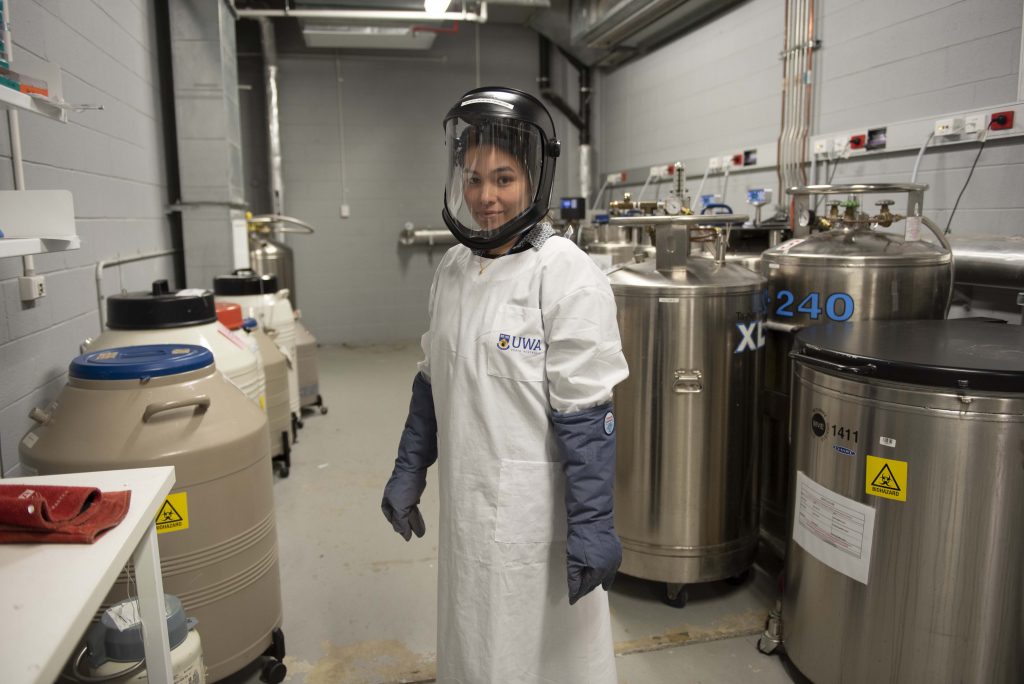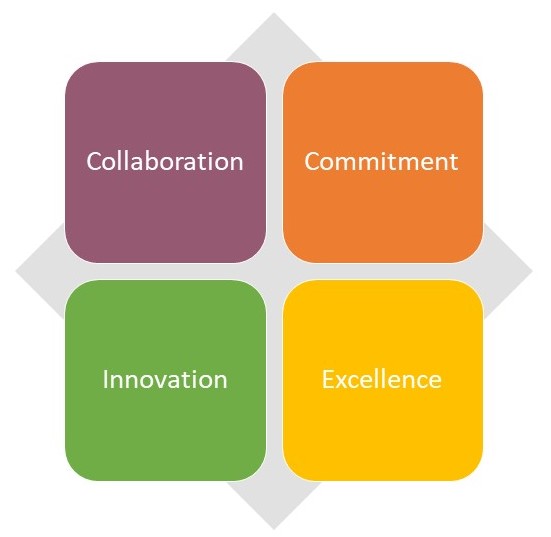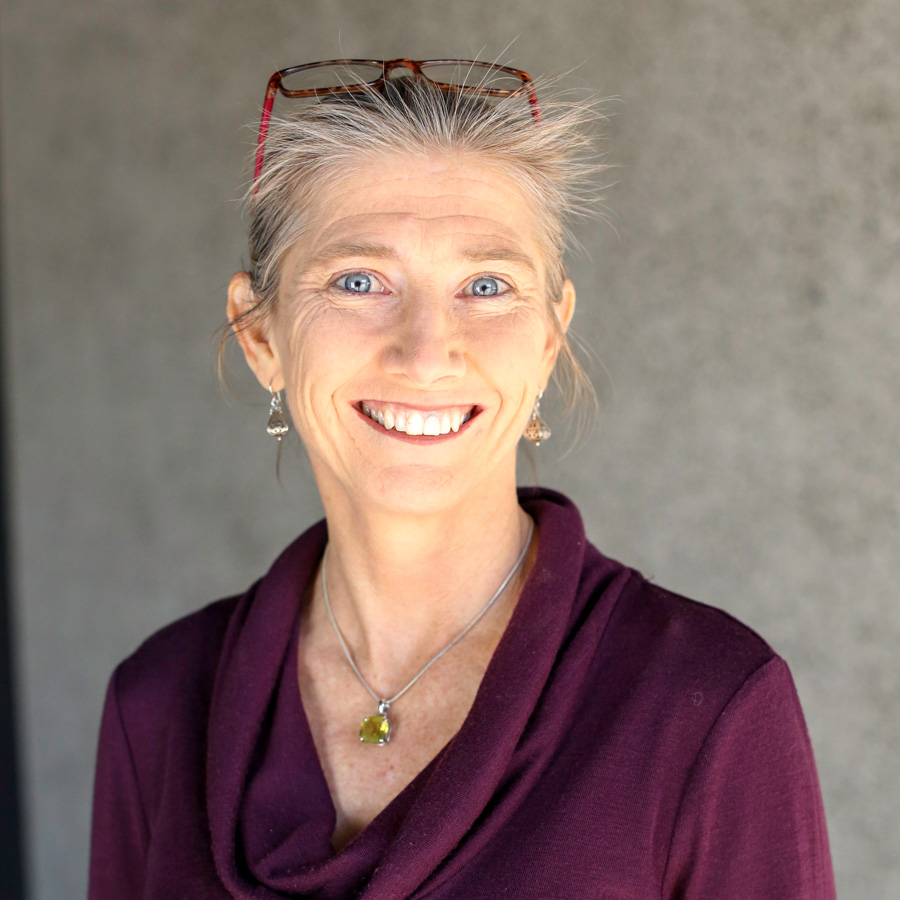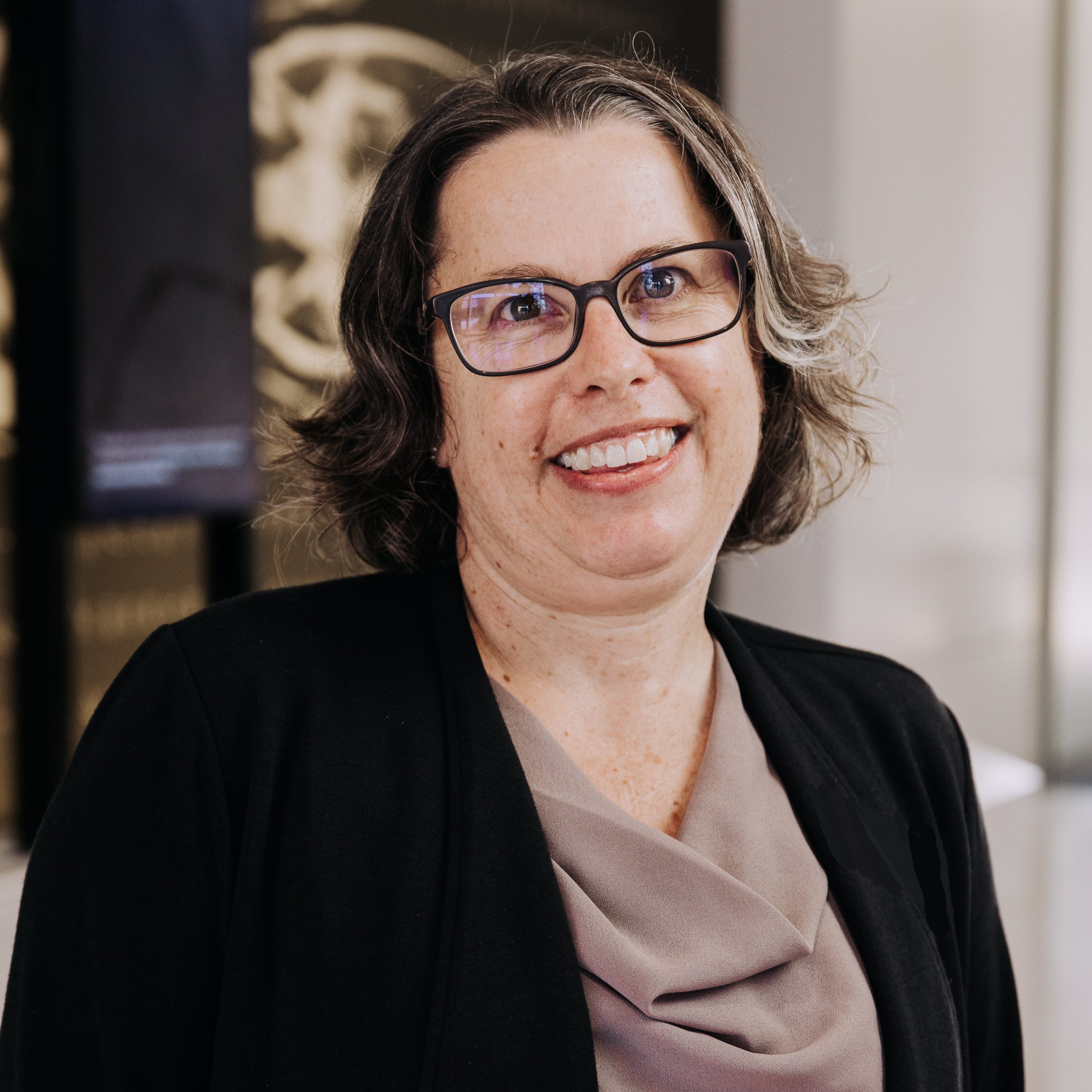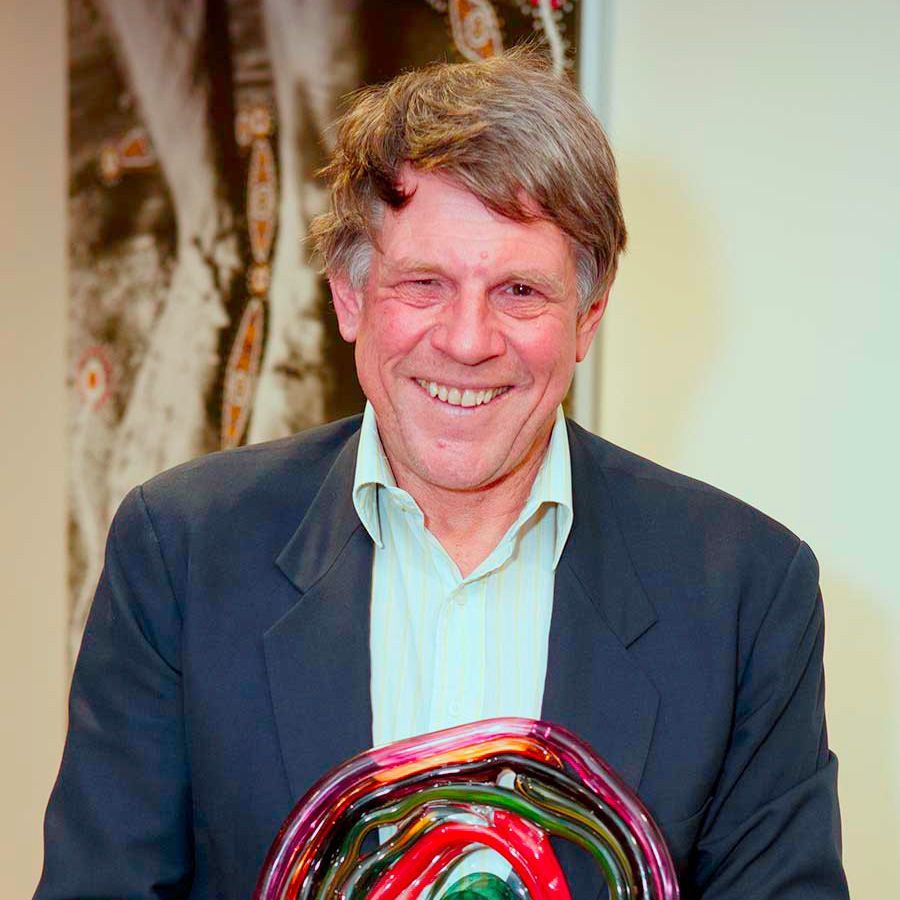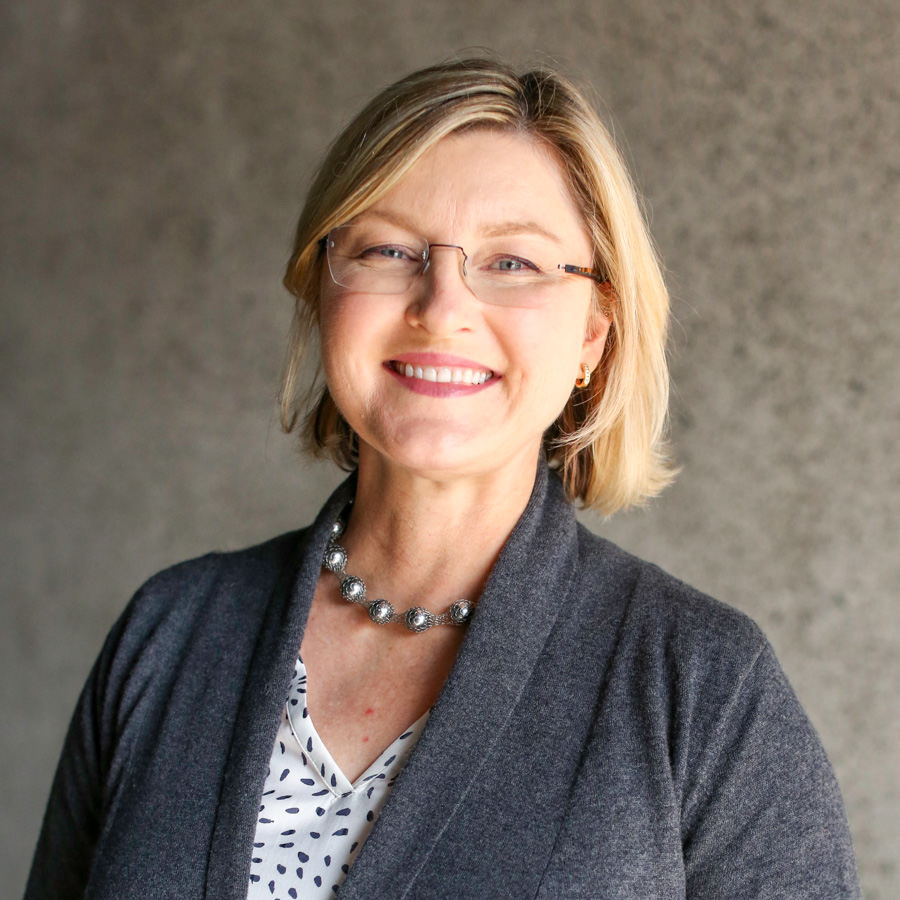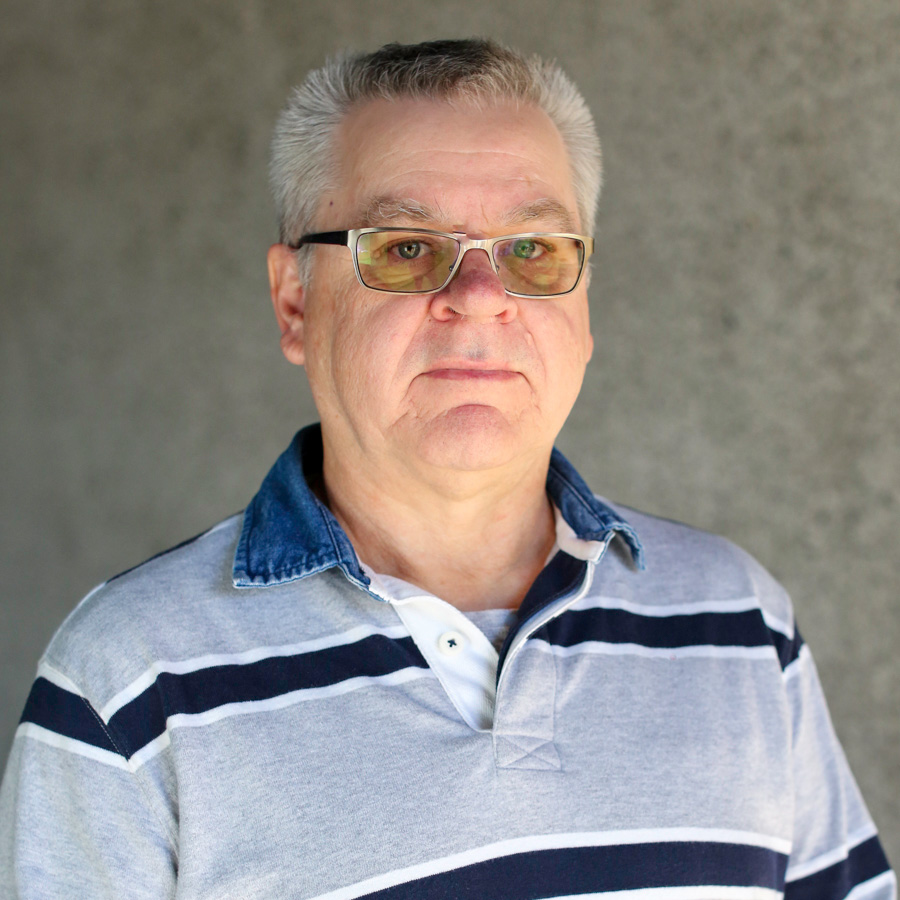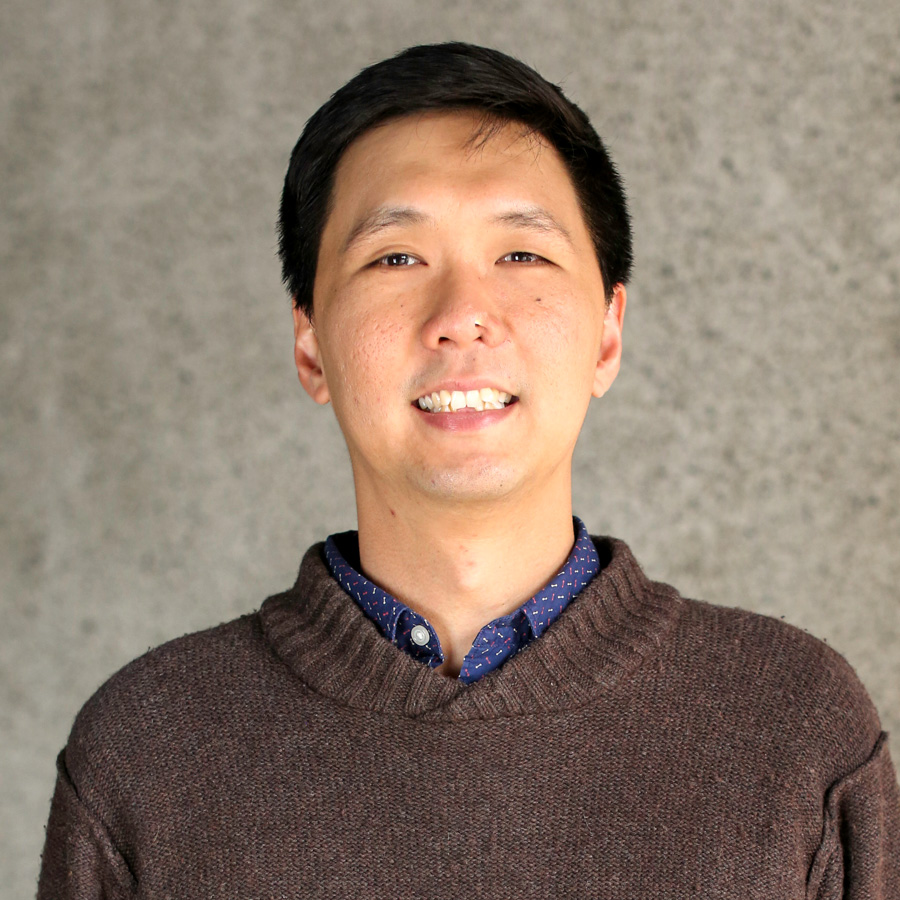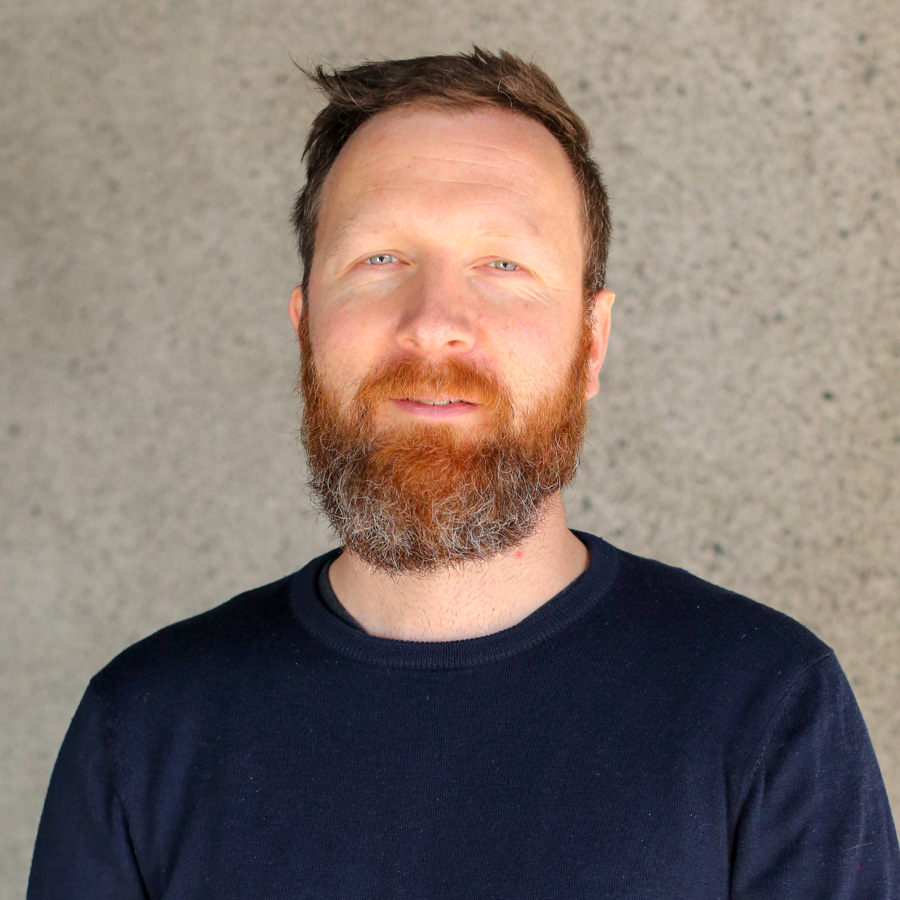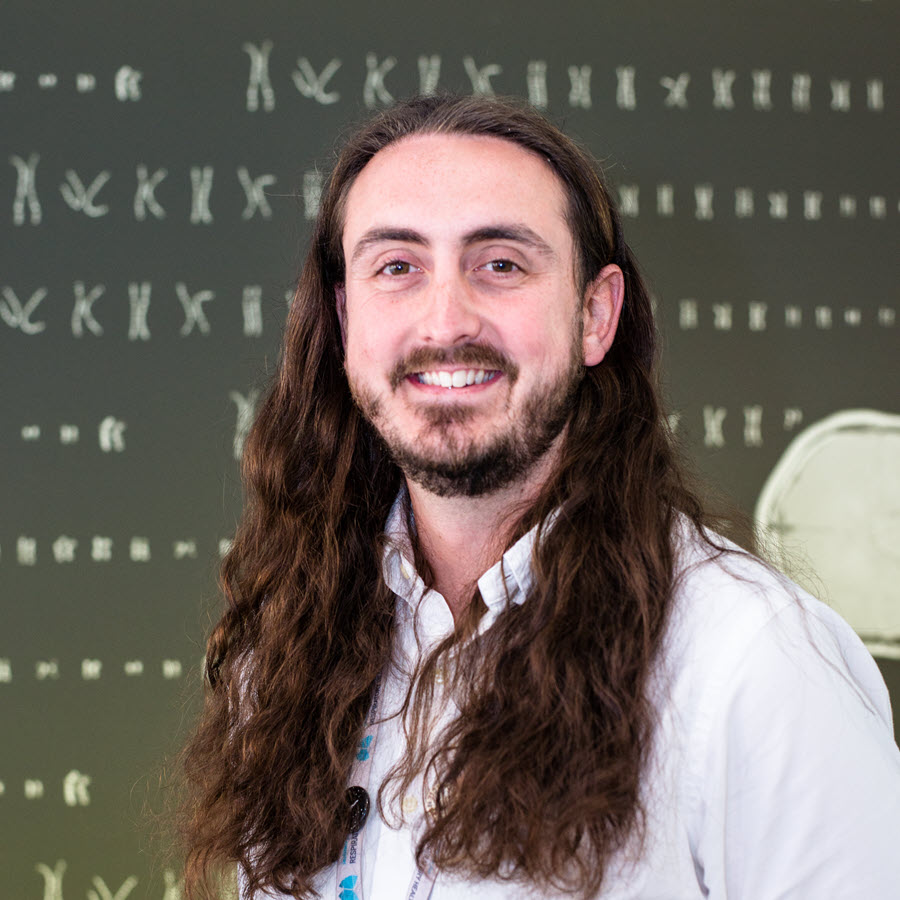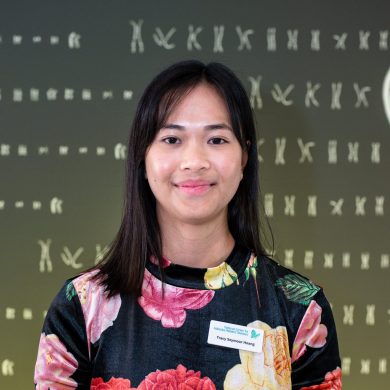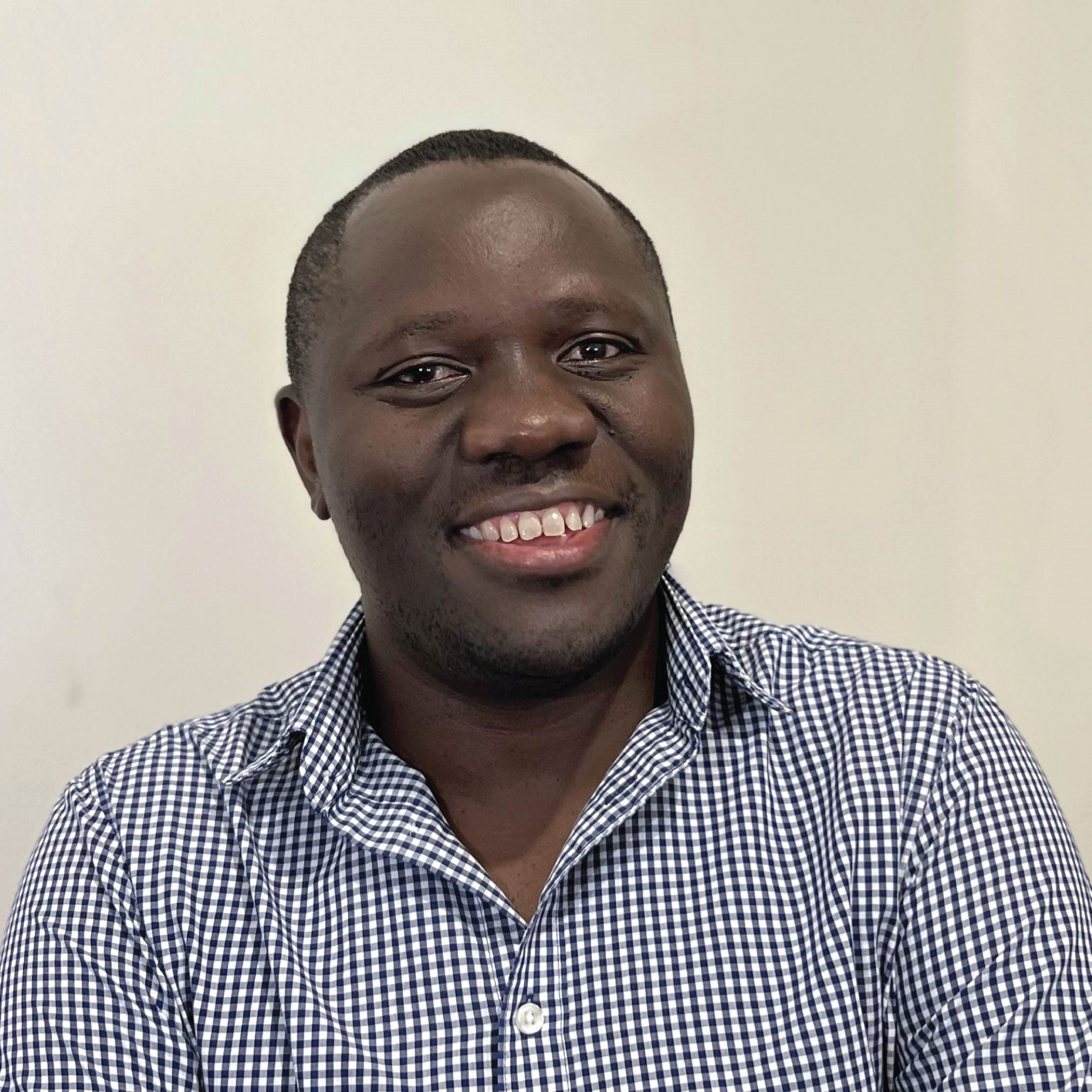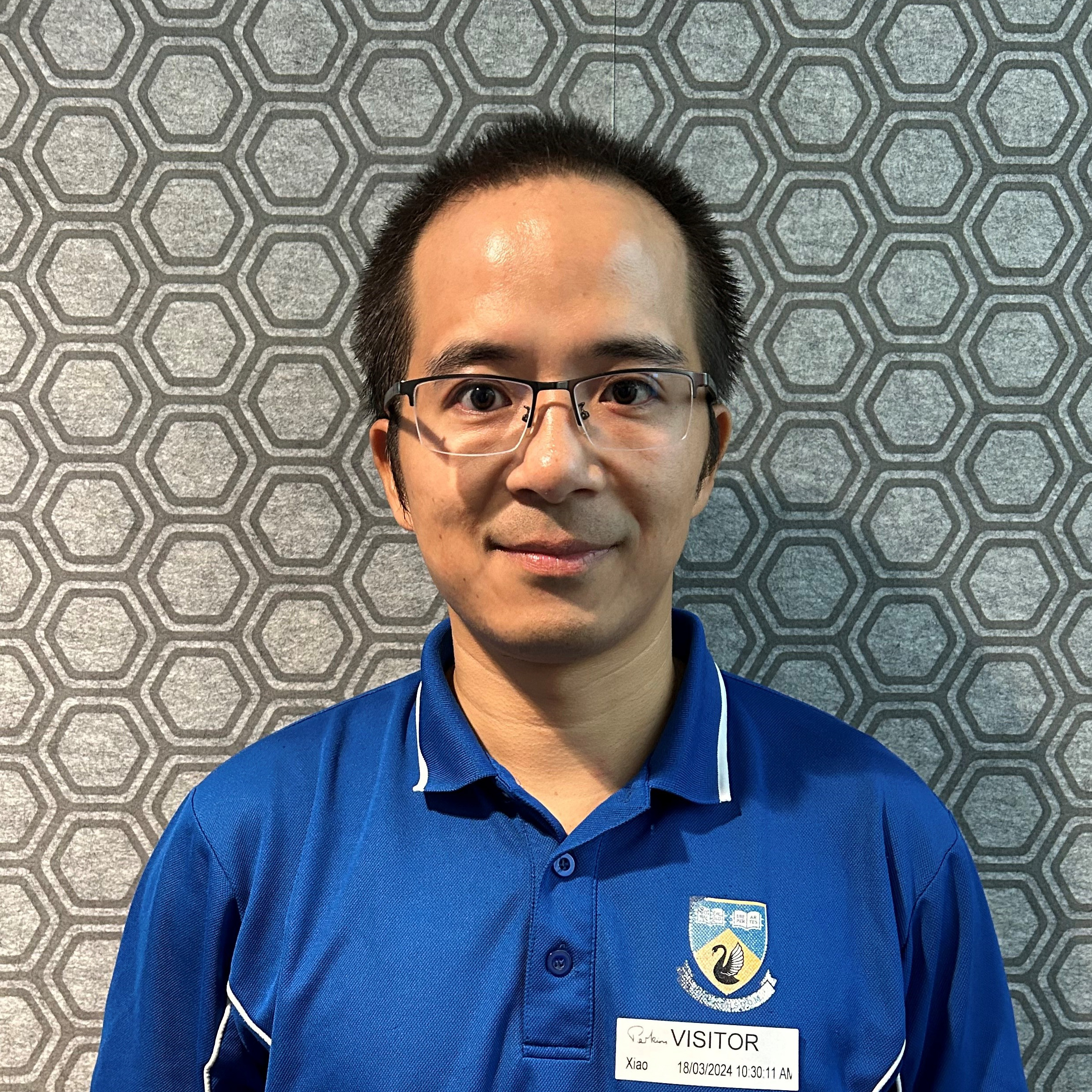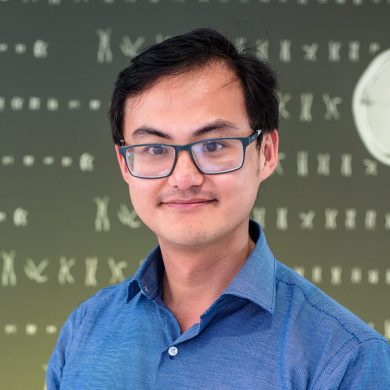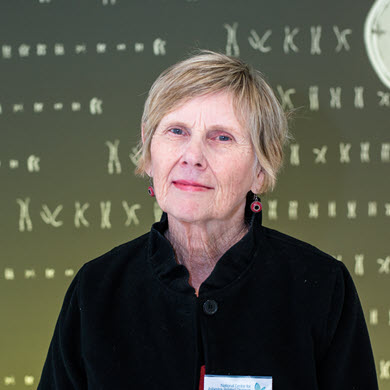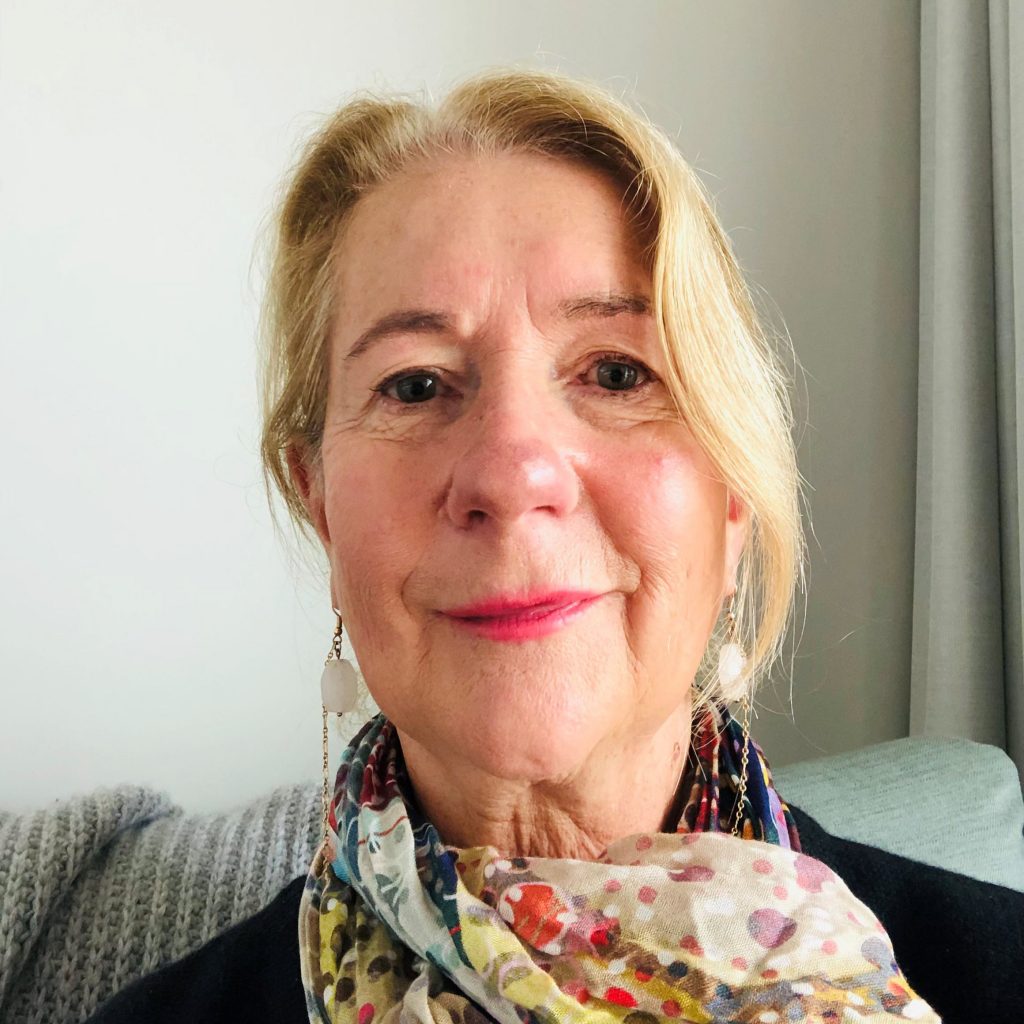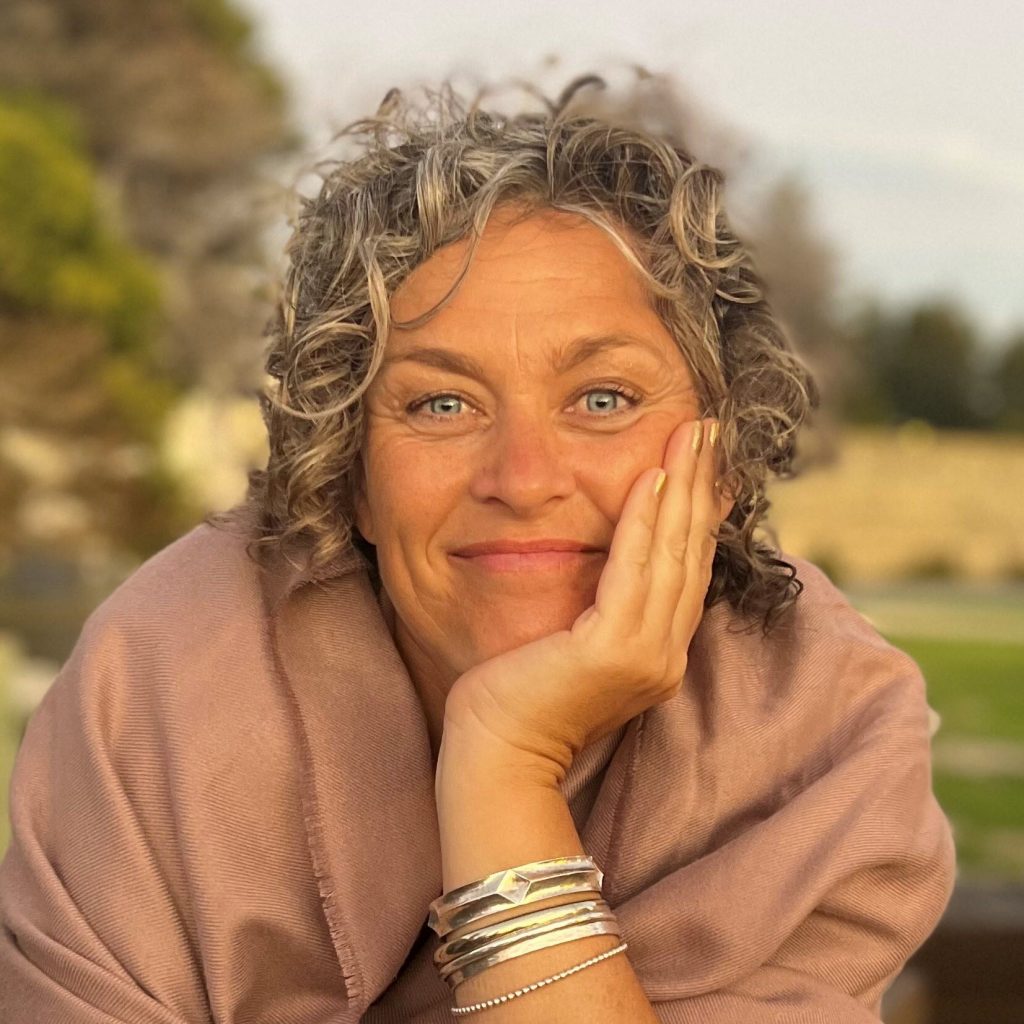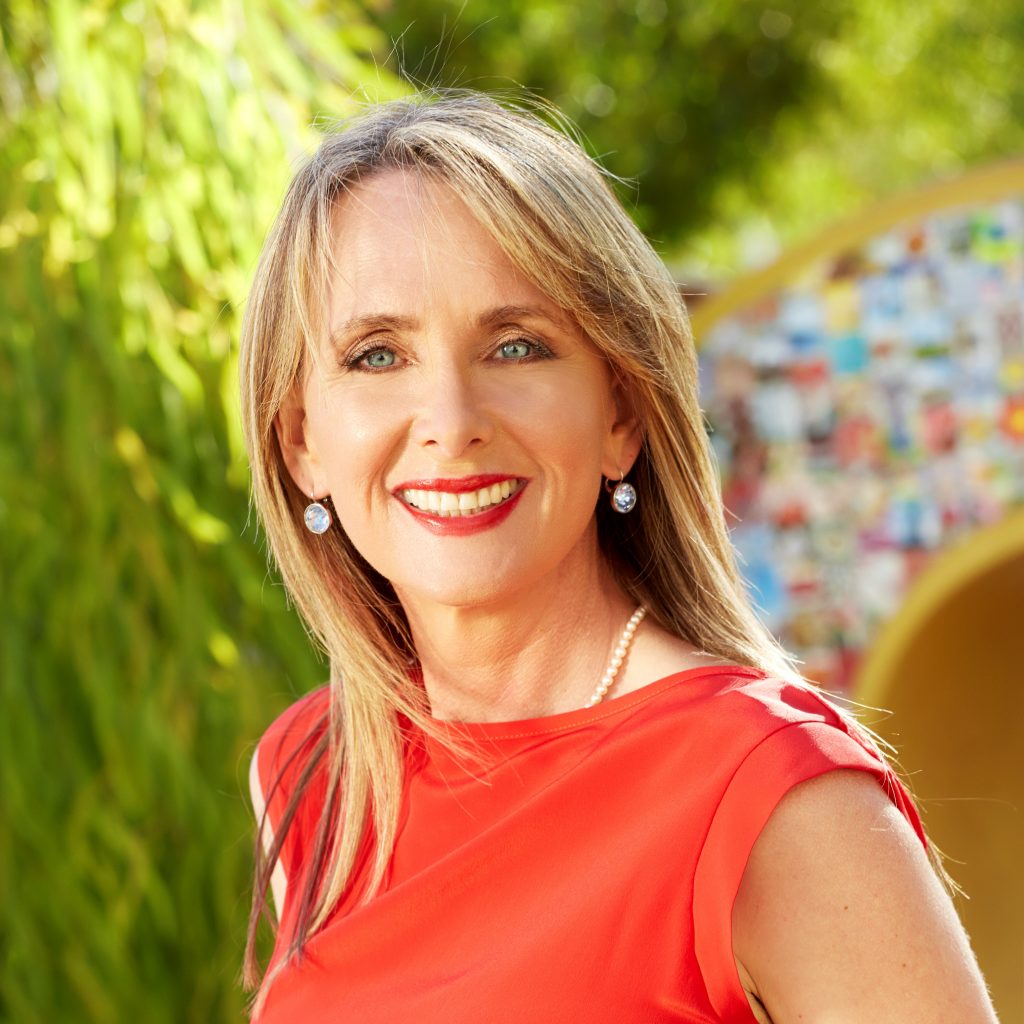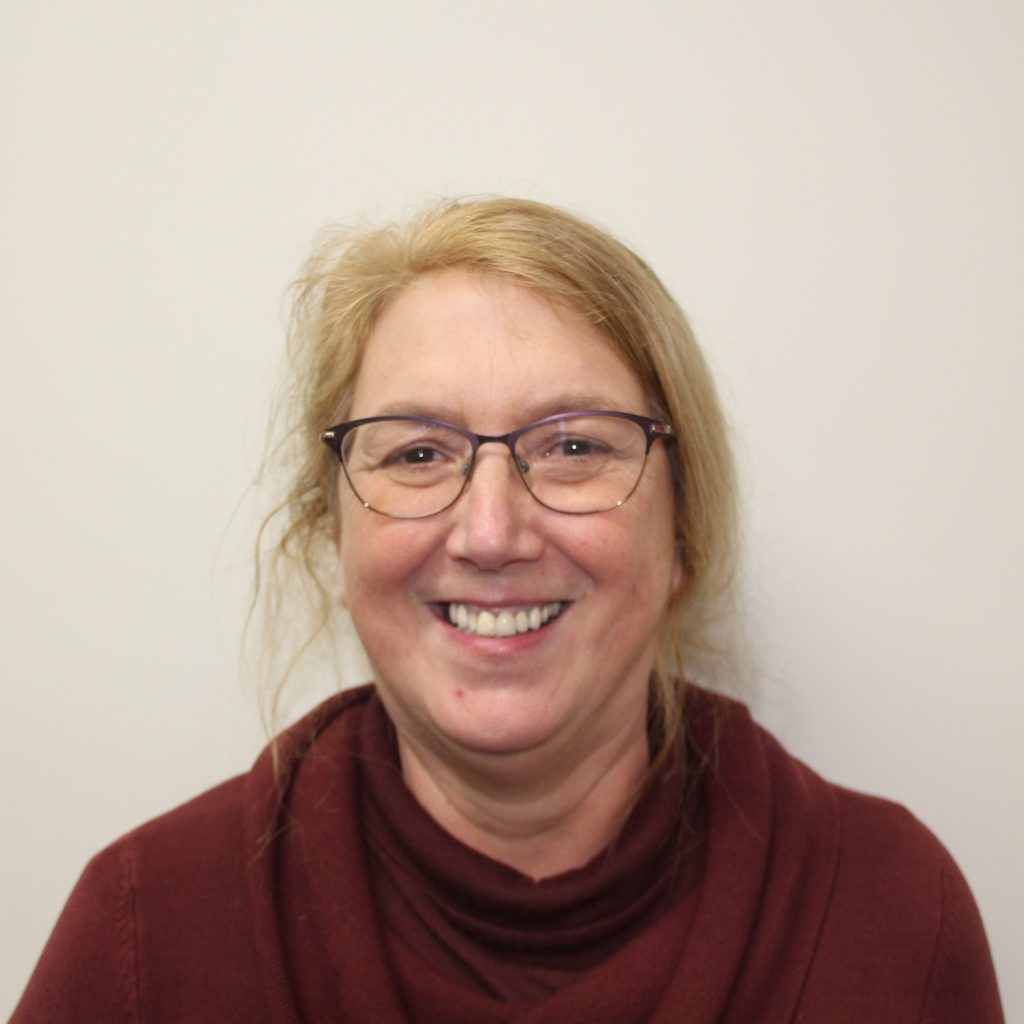Leading innovation and discovery to improve the lives of people affected by asbestos related disease
The National Centre for Asbestos-Related Diseases (NCARD) was established as a national cooperative research centre in 2007 in Perth, Western Australia by the Commonwealth government. NCARD continues as a National Health and Medical Research Council (NHMRC) recognised Centre of Research Excellence (CRE).
The NCARD aim is to enable the best scientists, clinicians and researchers in the field, using the best available modern technology, to work together to prevent, monitor, treat, and ultimately cure asbestos cancers. This is expanded in our Strategic Plan.
NCARD has an excellent track record in attracting competitive research grants, both from Australian and international sources.


